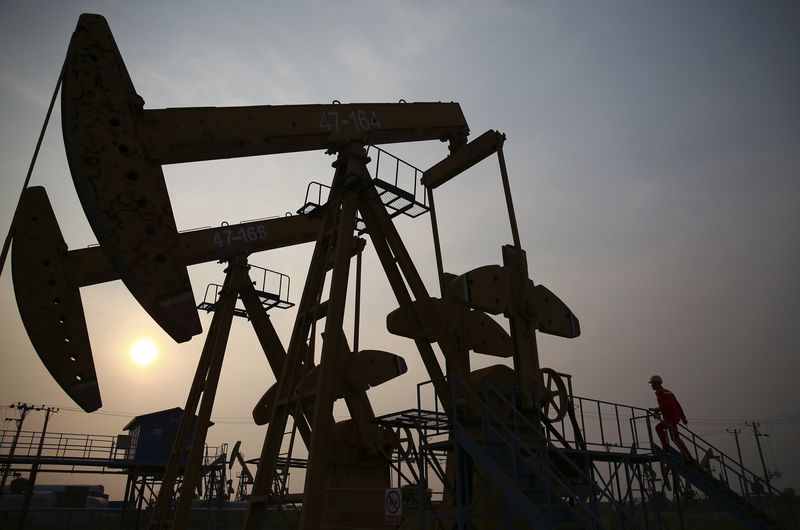Prime Minister Liz Truss is set to announce how she intends to tackle the energy price crisis in the House of Commons at around midday on Thursday.
The energy price threshold currently stands at £1,971 but was scheduled to surge 80% to £3,549 from the beginning of October.
What to expect and at what cost?
The policy announcement is expected to freeze prices for small businesses and households at approximately £2,500 from next month.
There is also thought to be a controversial decision on fracking, with its ban that was in effect from 2019 likely to be scrapped.
Companies would be able to seek planning permission to drill for shale gas in the UK, with them expected to offer a 25% reduction to their energy bills as an incentive.
Initial forecasts suggested the support package to homes and businesses may cost the government £100bn but Deutsche Bank recently said it may be much closer to £200bn.
Reports also indicate a £40bn package will be implemented to aid businesses with paying energy costs, bringing the total support measures to £180bn, it added.
This would be on top of the £37bn cost-of-living support package that will see the poorest homes receive up to £1,200 each, with £400 for all households.
Some suggestions are that the cap might be set at around £2,400 for homes and small businesses, with it falling to the current level once all households receive their £400 grant.
This is roughly half what was spent on furlough and other financial support during the pandemic.
Truss has already said there will be no windfall tax on excessive profits for giant energy companies.
A freeze is expected to be in addition to a wider energy plan that includes further North Sea oil and gas exploration, as well as decoupling gas prices from the cost of cheaper renewable energy including wind and solar.
Truss has been contemplating a reduction in VAT to 15% from 20% to help consumers and businesses, which would dent government revenues by £38bn per year.
She may also extend the cut in fuel duty, that was scheduled to end in March, and cancel the planned rise in corporation tax - to 25% from 19% - next April.
There is also talk of raising the personal tax-free allowance, with the point at which people pay 20% and 40% of their incomes likely to be upped.
The impact on energy supplies could be improved if rules on planning regulations, environmental permits and seismic activity are loosened.
